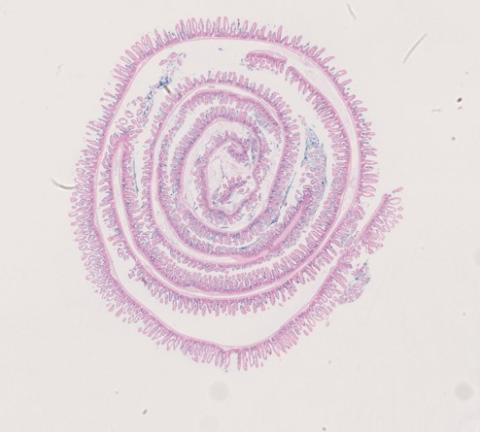Margaret is a doctoral trainee in the laboratory of Dr. Craig Hodges. Margaret’s thesis project revolves around studying the nonsense mutations of Cystic Fibrosis (CF). Margaret is interested in comparing CF nonsense mutations that do and do not escape nonsense mediated decay (NMD), a cellular process that protects the cell from deleterious mutations. By creating novel animal models for understudied mutations she will understand how NMD differs between different genotypic contexts. Margaret is also studying pharmacological correction of various CF nonsense mutations and comparing the response of different CF genotypes. This work aims to support the development of novel therapeutic strategies for those CF patients lacking Cftr-specific therapies.
Broadly, the Hodges laboratory studies Cystic Fibrosis (CF), a systemic disease affecting many parts of the body including the pulmonary, gastrointestinal, and reproductive systems. The Hodges lab is interested in whether the pathophysiology of CF can be halted or reversed by CFTR functional correction and understanding the molecular mechanisms behind the physiological consequences of CFTR’s absence. The lab uses novel animal models and intestinal organoids to investigate these questions. The Hodges lab is particularly interested in how the loss of CFTR leads to the intestinal dysfunction and reduced growth phenotypes associated with CF.
|
Image explanation: Swiss rolls prepared from WT mice small intestines stained with alcian blue and fast red show intact villi, healthy crypts, and minimal mucus and mucus producing cells compared to the small intestines of mice with cystic fibrosis. |
|
|
|
Video explanation: Small intestinal derived organoids from WT mice display robust CFTR function as shown by swelling upon CFTR activation. When CFTR is activated, the protein moves ions across the epithelium creating an ionic gradient. This triggers an equilibrating movement of water into the lumen of organoids thereby causing swelling. |


